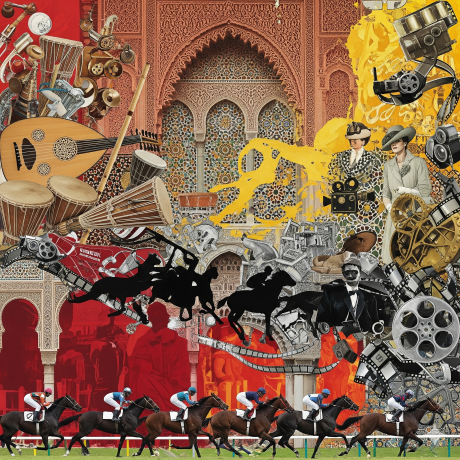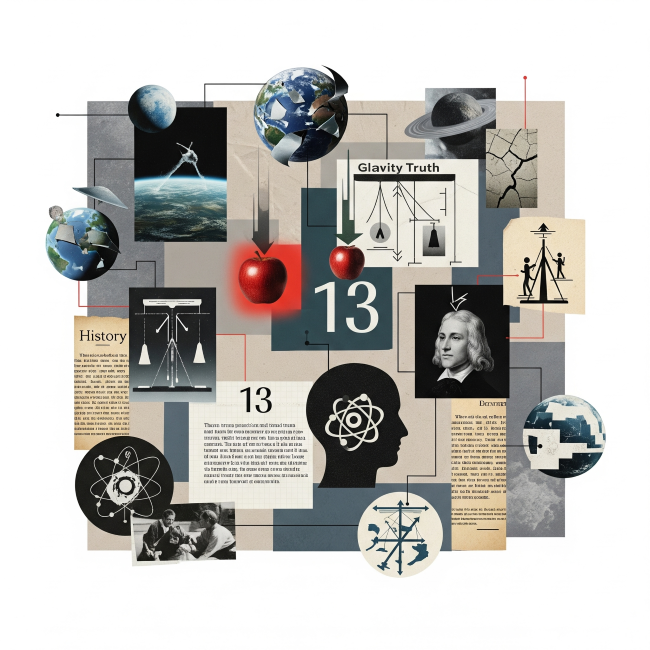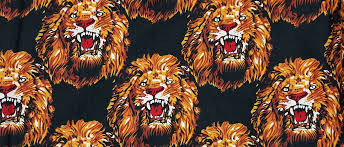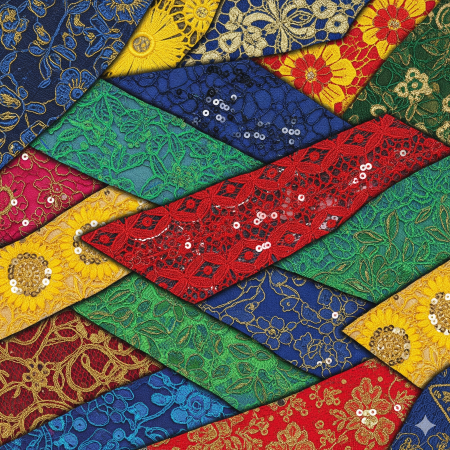How Remembering Ancestors Shapes Moral Philosophy
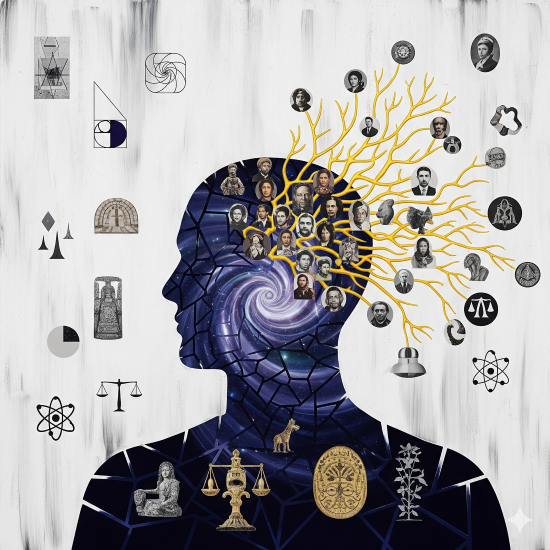
In a world increasingly obsessed with cancel culture, total condemnation, and the rewriting of people’s legacies in black-and-white terms, it’s worth reflecting on the cultures that once judged the dead more patiently—and more holistically. Across the African continent, before the advent of colonialism and the missionary erasures that came with it, many traditional belief systems shared a surprisingly temperate view of death, memory, and moral accountability.
The central idea was simple yet profound: when a person died, they did not simply vanish to heaven or hell. If they had lived well—serving their family, community, and spiritual obligations—they could become something greater: an ancestor.
In Yoruba cosmology, they are called Egungun. Among the Akan of Ghana, they are theNsamanfo. The Zulu revere the Amadlozi, and the Bakongo honor the Bakulu. Though the names vary, the logic behind them is consistent: the dead live on, not just as spirits, but as moral agents who continue to guide, warn, and shape the lives of the living, based on their successes and mistakes in the land of the living. The veneration of ancestors was not merely about respect—it was about learning, collective memory, and the recognition that moral evolution was a communal, generational task.
Image Credit: Monsah University
Who Becomes An Ancestor?
What made someone worthy of becoming an ancestor was not wealth, perfection, or power. It was how they treated those they were supposed to love. The ancestor was not a saint, but rather someone who had lived vicariously enough to become part of the spiritual infrastructure of the community. They were remembered not for being infallible, but for having embodied the relational ethics that held families and societies together.
This idea offers an implicit critique of modern cancel culture and the tendency—particularly in modern liberal democracies—to flatten a person’s life into a binary of guilt or innocence, good or evil. In many African traditions, moral evaluation was layered and fluid. A person might have erred, even gravely, but if they had also provided, protected, and upheld their familial duties, they might still be elevated in memory. The living were expected to wrestle with that complexity—not erase it.
Learning from, not erasing, the dead
Ancestor veneration operated not just as a spiritual practice, but as a form of collective moral learning. Stories of the dead were told, not to sanitize their lives, but to transmit their wisdom—and their mistakes. The shortcomings of an ancestor weren’t necessarily hidden or downplayed. Rather, they were integrated into the living memory of the community. A grandfather’s temper might become a cautionary tale; a mother’s harshness might serve as a warning light.
This process amounted to a kind of moral recursion: each generation could ascend in knowledge and behavior, precisely because it did not need to disown or destroy its predecessors. Instead, it dialogued with them—through rumination, or oral storytelling. The goal was not moral perfection, but moral progression, achieved collectively over time.
There is a practical humility embedded in this approach. It recognizes that humans are flawed, that context matters, and that redemption is not just possible but expected. By contrast, much of today’s moral discourse—especially on social media—tends toward the theatrical and punitive.
Accountability rooted in relationship
What these African systems understood intuitively was that the highest standard for a life well lived was not public image or ideological purity. It was care—specifically, how you cared for the people closest to you. Did you raise your children well? Did you care for your aging parents? Did you serve your village or town with honesty and diligence?
You were judged in part by how your life affected those you had a sacred duty to protect. This focus on relational ethics is powerful, particularly in our age of performative activism. It asks not what a person claimed to believe, but what they actually did for the people within their reach.
In this sense, ancestor veneration was not just about honoring the dead—it was about holding them accountable in a deeply moral, yet deeply humane, way. The rituals of remembrance were also rituals of judgment. The family decided, together, whether the departed deserved offerings, prayers, or naming rights. If someone had abandoned their family or betrayed the community, they might be excluded from the ancestral canon—not out of vengeance, but out of moral clarity.
Not All Dead Rest Easy
Image Credit: Unsplash
Yet all is not rosy in the world of ancestor veneration. Across the continent, many cultures acknowledge that not all the dead rest easily—and not all become honored ancestors. In Yoruba cosmology, for example, those who lived unjustly or died tragically may end up in Òrun Apadì—the “waste bin” of the afterlife, a realm reserved for restless or dishonored souls. There’s also the concept of the Akúdàya—the "living-dead," individuals believed to have died but who continue to live on anonymously, often as spiritual exiles with unfinished business.
Among the Shona of Zimbabwe, vengeful spirits called ngozi are believed to haunt the living if a serious wrong was left unatoned. In East Africa, the Luo people speak of “chira,” a wasting disease that befalls those who violate taboos or offend the spirits of the dead. These beliefs reflect a deeper truth: ancestral elevation is not guaranteed. It must be earned—and failure to live well can result in spiritual consequences that echo beyond the grave. Ancestor veneration, then, is not just reverence—it is responsibility, both for the living and the dead.
The erosion and survival of ancestral memory
The impulse to remember, to judge, and to learn from the dead has proven remarkably resilient. And even outside explicit rituals, the logic of ancestral thinking survives. The names we give our children, and the stories we tell at funerals.
As modern societies grapple with the legacies of historical figures—whether to tear down their statues or rename their buildings—it might be worth revisiting the African ancestral model. Not because it offers simple answers, but because it offers a more nuanced framework for moral memory. It shows us that to remember the dead is not to condone their every action, nor is it to silence their stories. It is to ask: What did they leave us? What can we learn from their lives? And how can we do better, without pretending we’re better than them?
To venerate an ancestor is not to absolve them. It is to honor the full shape of a life, to see both its shadows and its light, and to recognize that our own lives will one day be judged—not by strangers on a screen, but by those who know us best.
You may also like...
Bundesliga's New Nigerian Star Shines: Ogundu's Explosive Augsburg Debut!

Nigerian players experienced a weekend of mixed results in the German Bundesliga's 23rd match day. Uchenna Ogundu enjoye...
Capello Unleashes Juventus' Secret Weapon Against Osimhen in UCL Showdown!

Juventus faces an uphill battle against Galatasaray in the UEFA Champions League Round of 16 second leg, needing to over...
Berlinale Shocker: 'Yellow Letters' Takes Golden Bear, 'AnyMart' Director Debuts!

The Berlin Film Festival honored
Shocking Trend: Sudan's 'Lion Cubs' – Child Soldiers Going Viral on TikTok

A joint investigation reveals that child soldiers, dubbed 'lion cubs,' have become viral sensations on TikTok and other ...
Gregory Maqoma's 'Genesis': A Powerful Artistic Call for Healing in South Africa

Gregory Maqoma's new dance-opera, "Genesis: The Beginning and End of Time," has premiered in Cape Town, offering a capti...
Massive Rivian 2026.03 Update Boosts R1 Performance and Utility!

Rivian's latest software update, 2026.03, brings substantial enhancements to its R1S SUV and R1T pickup, broadening perf...
Bitcoin's Dire 29% Drop: VanEck Signals Seller Exhaustion Amid Market Carnage!

Bitcoin has suffered a sharp 29% price drop, but a VanEck report suggests seller exhaustion and a potential market botto...
Crypto Titans Shake-Up: Ripple & Deutsche Bank Partner, XRP Dips, CZ's UAE Bitcoin Mining Role Revealed!

Deutsche Bank is set to adopt Ripple's technology for faster, cheaper cross-border payments, marking a significant insti...

